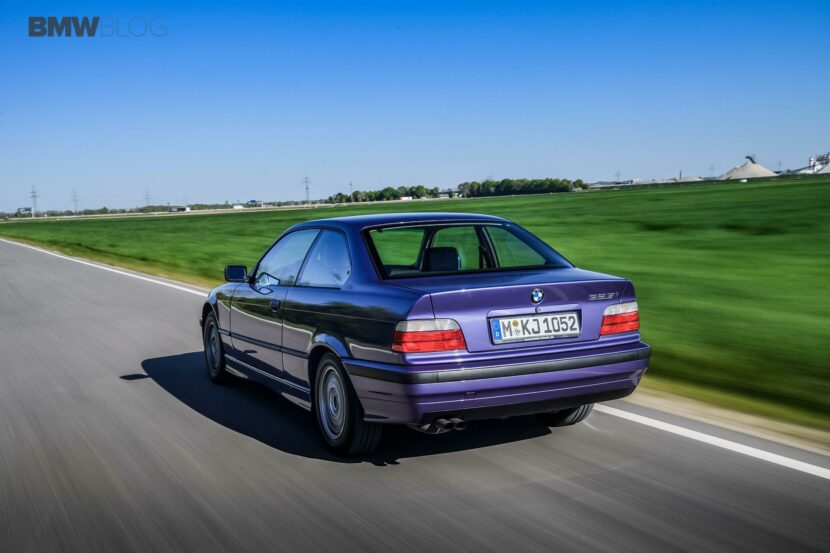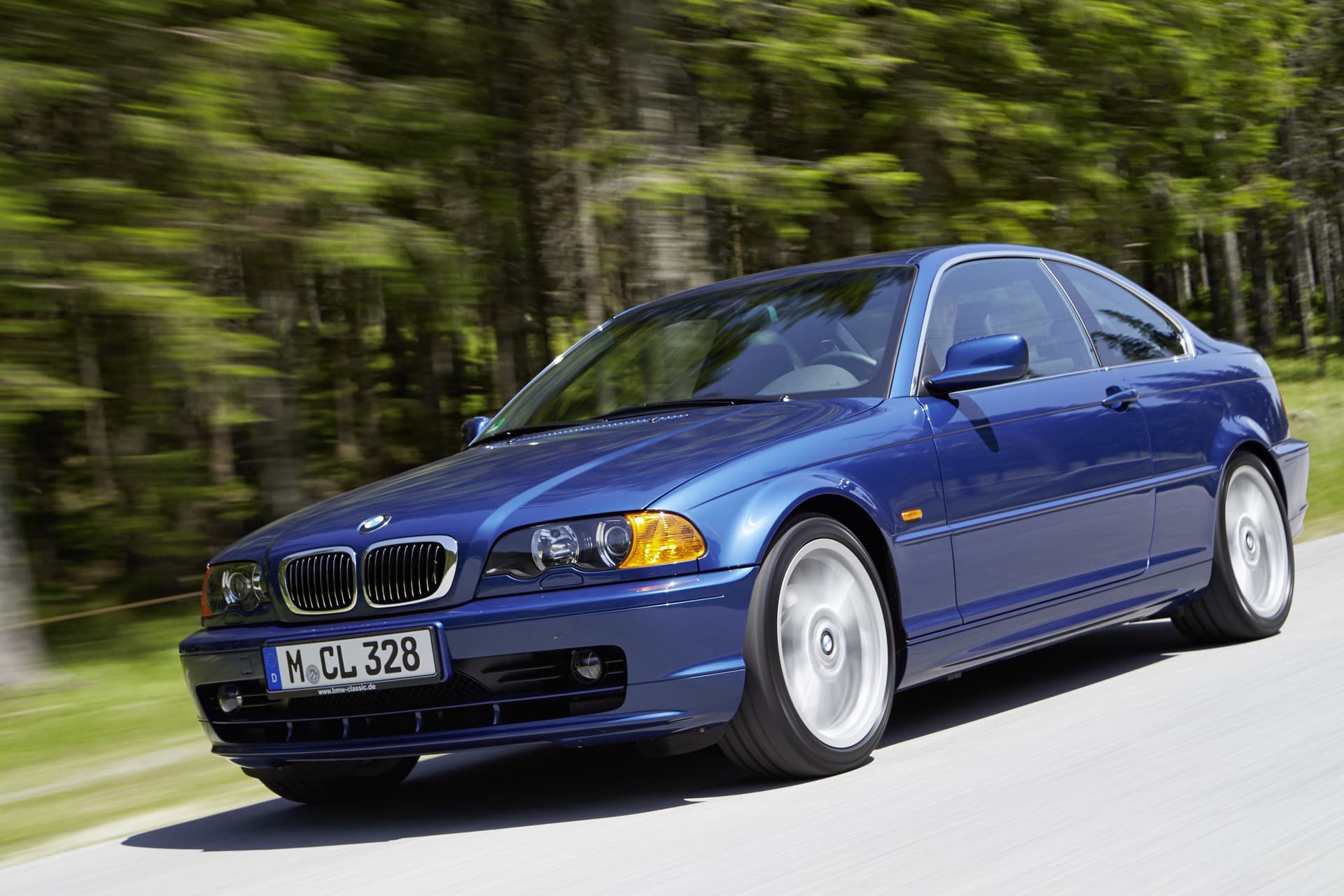Taking the plunge to buy a brand-new car or keeping your old one for a bit longer – that’s a conundrum many people have to face every now and then. Rather surprisingly, a BMW official suggests you opt for the latter. Leading the company’s Sustainability and Urban Mobility teams, Monika Dernai believes it’s the right approach to make the world a better place by using fewer precious resources:
“We really need to think about prolonging the life of cars; not having a used car market where you sell cars to each other, but maybe take a car and extend its lifespan.”
Speaking at a panel discussion about developing a circular economy, she went on to suggest a method to spruce up our old cars and make them feel fresh again instead of buying new:
“The idea could be that you could freshen up the interior. We need new skill sets in the aftermarket and to design cars so that the seat can be removed and a fresh seat can be moved in – then it’s a used car that looks like a new car. It can have the same owner, who then doesn’t buy a new car, but we still have a business model as BMW, and the whole of society benefits from that.”

Keeping your current car is the more financially responsible decision, but only up to a certain point considering maintenance costs tend to increase as the cars age. Of course, we’re talking about regular people rather than enthusiasts who are more willing to keep their old vehicles for much longer.
While Monika Dernai’s statement might seem counterproductive since it’s coming from an employee of a company that makes money by selling cars, BMW itself has accelerated its sustainability efforts. On average, a BMW Group car is made by using almost 30 percent recycled and reused materials. The next goal is to increase the percentage to 50, and ideally, reach 100 percent as demonstrated with the fully recyclable i Vision Circular concept. By 2050, the German luxury brand aims to reach climate neutrality.
Efforts are being made to build cars less harmful to the environment. For example, certain BMW and MINI models with completely vegan interiors will be out in 2023. These will cut CO2 emissions generated for those interior components by roughly 85 percent compared to a vehicle equipped with a leather cabin.
Neue Klasse models arriving in 2025 will use trim parts made from plastic featuring a raw material obtained from 30 percent recycled fishing nets and ropes. These next-gen EVs will use round battery cells that are expected to reduce the carbon footprint of battery cell production by up to 60 percent.
Source: Auto Express


















































